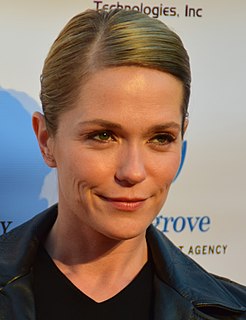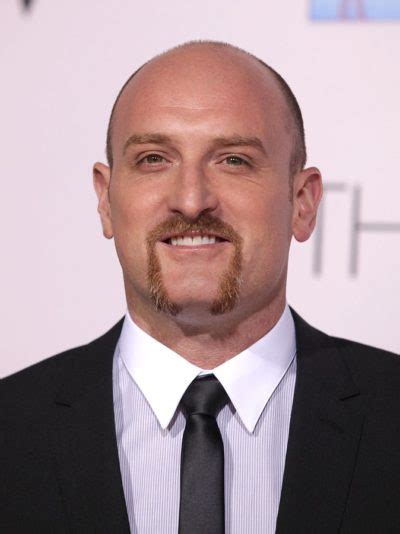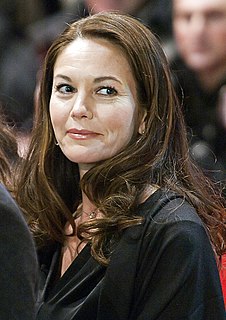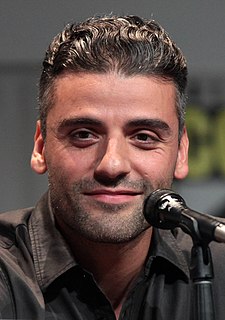A Quote by Doug Liman
I think that I learned a studio system prefers a sort of professionalism from the director.
Related Quotes
All I've learned is that you need the studio system sometimes, if your budget is a certain size, and other films you can do independently. When I think of a studio, I generally think of distribution. Since I'm a director, I have a similar creative experience on every film I do, because I can control that. But then it's a different film, I think, as it reaches the public, depending on the way it's marketed. I don't know. I haven't learned much of anything. Sometimes you need them, sometimes you don't. Sometimes they want you, most of the time they don't.
In Hong Kong, in our generation that started out in the 1970s, being a director wasn't a big deal. We didn't even have director's chairs. We weren't particularly well paid. The social standing of a film director wasn't that high. It was a sort of a plebeian job, a second or third grade one. And the studio heads are always practical, there's never any fawning because someone is a director. There's very little snobbery about one's position as a director. The only ones people treated differently were those that were also stars; or the directors who also owned their companies.
I suppose where I am sort of reflects the work I have chosen to do. Are there occasional frustrations because I can't work with a certain director because it's a big studio movie, and I don't have enough of a studio profile? The answer is yes. But generall... generally, I have the career I have chosen myself.
One of the good things is the relationship between director and editor used to be more contentious. Studios used to leave directors alone more during the post production process and now they're clamoring to get in. So, the director and the editor end up teaming up sort of against the studio to fight what they're doing and you lose the creative tension that you used to have between an editor and a director.
I think a lot of the time, the studio system is so compelled to kowtow to its fear that women are not going to be found sympathetic. It just sort of euthanizes any hope of more diverse examples of the emotional realities of people. Representing my gender, I think, "Well, I have those emotions, why don't those ever get brought to the screen so I can feel recognized?"
Don't Look Down” is her official debut as Skylar Grey, the singer, born Holly Brook Hafermann and raised in Mazomanie, Wis., has been making albums since she was a tween. Grey and her mother sang as a folk duo under the name Generations; they released three indie discs. “I learned a lot about professionalism, how the show must go on even though I feel like [expletive] sometimes,” Grey remembers. “I have a lot of experience in the studio, performing onstage, talking to an audience. I learned most of that stuff when I was performing with my mom.






































